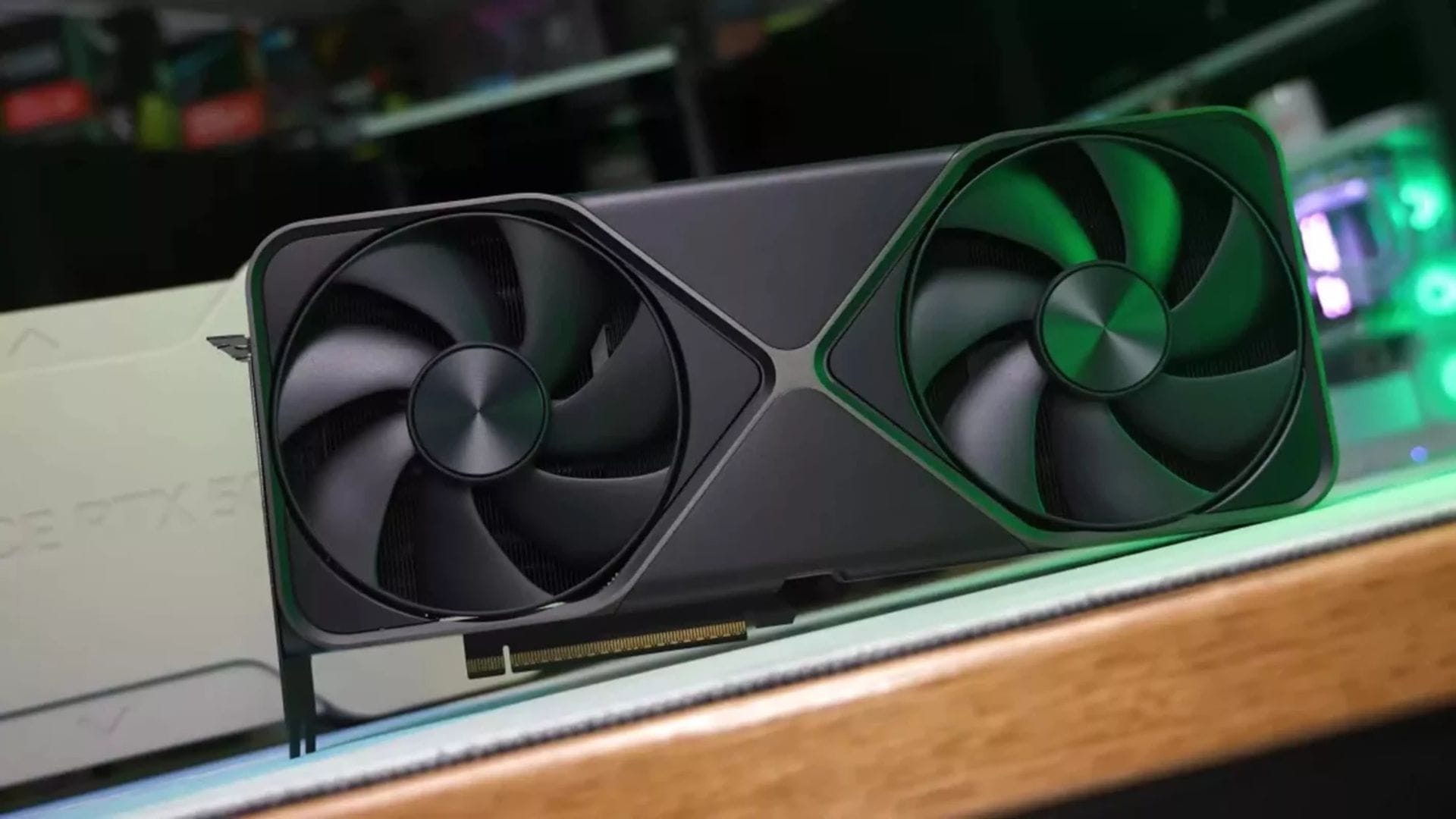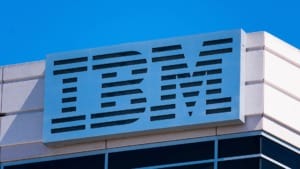Nvidia introduces priority access for RTX 5080 and 5090 Founders Edition GPUs
Nvidia introduces Verified Priority Access for RTX 5090 and 5080 FE GPUs, letting gamers apply for an invite to buy one card per person.

Nvidia is giving gamers a new way to get their hands on the highly sought-after GeForce RTX 5090 and 5080 Founders Edition (FE) graphics cards. The company has announced a “Verified Priority Access” program to help dedicated Nvidia fans secure these GPUs without falling victim to scalpers.
How the priority access system works
Following issues with limited stock, launch driver problems, and reports of melting power connectors, Nvidia is now offering a more structured way to purchase its flagship GPUs. This initiative mirrors the previous Verified Priority Access program for the RTX 4090 but with a crucial difference: this time, you must apply rather than be randomly pre-selected.
To participate, you need to complete an online application form. However, there are specific conditions: only users with an Nvidia account created before January 30 are eligible. After verifying your account, you can indicate whether you prefer the RTX 5090 or the RTX 5080. Nvidia will then use an algorithm to analyse your gaming history through its Nvidia app and GeForce Experience usage to confirm that you are an actual gamer. If you meet the criteria, you will receive an invitation to purchase one of the GPUs. Each individual is limited to one card.
Nvidia’s plan to stop scalpers
Scalping has been a major issue with high-demand GPUs, often leading to inflated prices on the resale market. By implementing a priority access system, Nvidia hopes to put its latest graphics cards directly into the hands of genuine users rather than resellers looking to make a quick profit.
The company has confirmed that invitations will start rolling out next week. However, it has not disclosed how many cards are allocated to this program, leaving some uncertainty about whether this effort will be enough to meet demand.
For now, gamers will have to wait and see if the system makes a real difference or if supply constraints will continue to frustrate those eager to upgrade their setups.
















